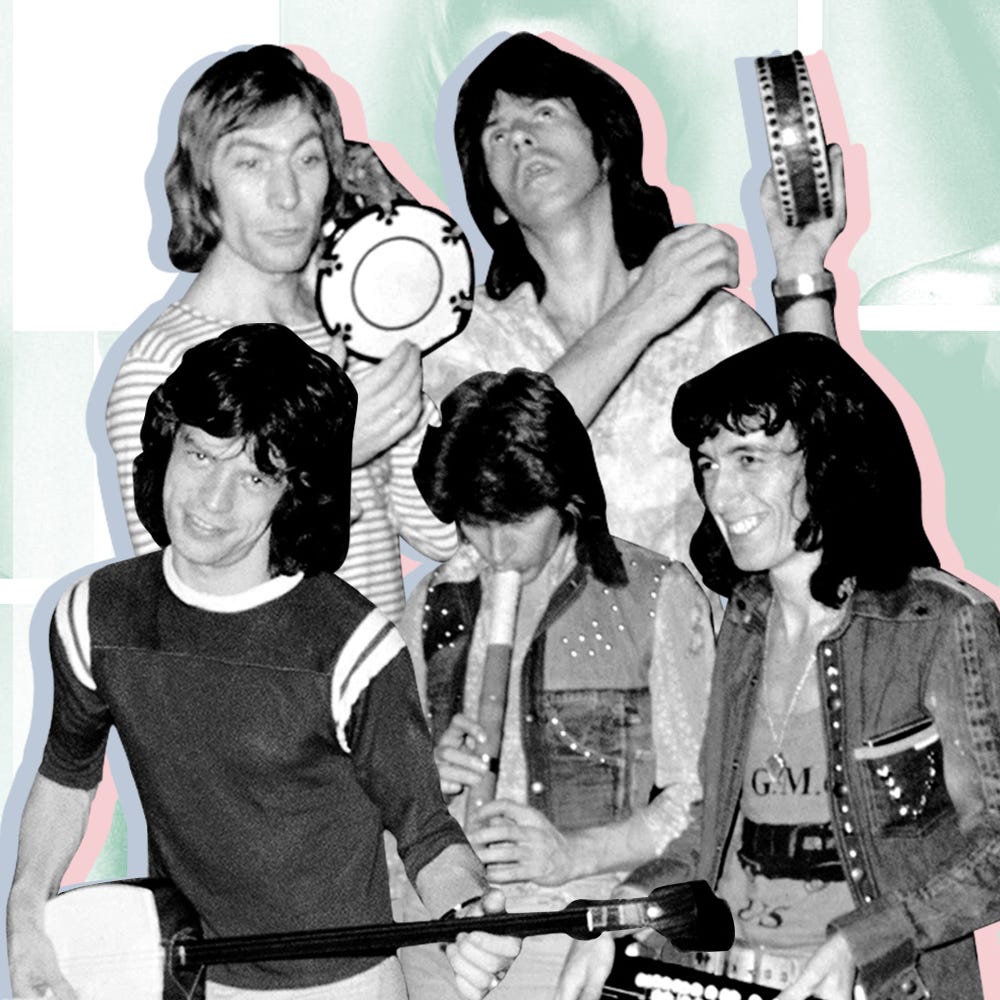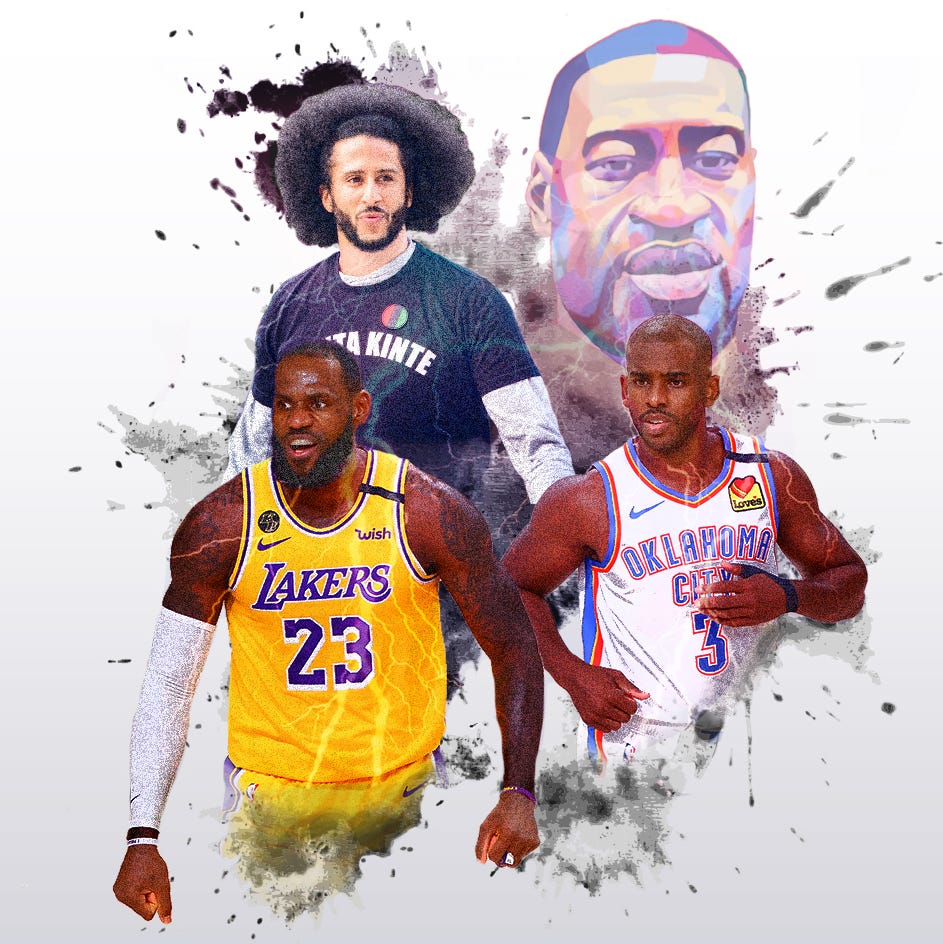| | | The most infuriating part of the soon-to-be-legendary story is what it says about the men who continued to serve this president*. | | If you have trouble reading this message, view it in a browser. | | | | |  | | |  | | | | The 'Atlantic' Piece Is a Story of Cowardice and Complicity | | | | Yes, the president*'s remarks about all the "losers" and "suckers" who died in Belleau Wood are grotesque—although, to be fair, he isn't entirely wrong about World War I. Yes, the idea that El Caudillo del Mar-a-Lago avoided a trip to a military cemetery in France because rain might have damaged his coiffure is both sad and hilarious. Yes, his obsession with John McCain, which continues to this day, apparently, is the product of a bent and twisted mind. And yes, his apparent revulsion at the sight of wounded veterans is unbecoming in a president of the United States. All of these things are true. But all of these things were true at the time. Kelly and the president* went to Arlington five months into the president*'s term. Kelly worked for the president* for another year and, since then, until just now, he has maintained his silence as the president*'s assault on the rule of law and the Constitution only intensified. All of them—Kelly, H.R. McMaster, James Mattis—have been Good Soldiers rather than patriots. This is also the case for all the anonymous people behind Goldberg's opus. Charles P. Pierce on the piece everyone's talking about, and why he has more respect for the average kid marching in the streets than he does for John Kelly, H.R. McMaster, and James Mattis combined. Read More | | | | | | | | | | | |  | | | | Alan Light: Why Goats Head Soup Never Had a Chance to Be a Good Rolling Stones Album | | | | Let's just get this out of the way, says Alan Light: Goats Head Soup—the 1973 Rolling Stones album being reissued as a box set this week—isn't a very good album. Maybe it never had a chance. Between December 1968 and May 1972, the Stones had one of the greatest runs in rock & roll history, releasing four magnificent records—Beggar's Banquet, Let It Bleed, Sticky Fingers, and Exile on Main St.—in rapid succession. They had persevered through the death of Brian Jones and the disaster of Altamont. The flash and excess of their 1972 American tour was documented in Robert Frank's underground film Cocksucker Blues. Keith Richards was descending deeper into a drug haze, while Mick Jagger had married the glamorous Bianca Perez-Mora Macias and embraced the jet-set lifestyle. So when they gathered in late 1972 in Jamaica—one of the only countries that would still allow the group inside its borders—to get back to work, it's no surprise that the Stones were exhausted and uninspired. Here, Light looks back on the album in context. Read More | | | | | | | | | | | |  | | | | Huckberry's Huge Labor Day Sale Lets You End the Season on a High Note | | | | A Huckberry sale has yet to disappoint us here at Esquire, and the retailer's blowout Labor Day bash is shaping up to be an all-time classic. Every time Esquire's Avidan Grossman puts in the hours to scroll through the site and personally select all the choicest picks for you lucky folks—he's nothing if not a champion of the people—he always stumbles across some fire he hasn't seen before. And he looks at a lot. Here's what Grossman picked out from Huckberry's latest. Happy shopping. Read More | | | | | | | | | | | |  | | | | You Should Go Ahead and Cocoon Yourself in Fleece This Fall | | | | Over the last few years, the fleece—perhaps the only piece of clothing that's ever appealed to rightfully maligned finance types and, like, hardcore hiking enthusiasts in equal measure—suddenly went fully nuclear, yanked reluctantly into the world of high fashion and reimagined (sometimes questionably) by designers big and small, on and off the runway. The way we see it, fleece is like fashion industry comfort food. And if comfort food can be elevated to the realm of fine dining without your uppity gourmand friends getting all *superciliously arches eyebrow* "Oh this is so interesting, but I'm not sure it's for me" why shouldn't fleece get the same treatment? Fleece deserves its own moment in the spotlight, too. Nothing wrong with needing a little comfort in your life right now, friend. That's a fact. Here are 25 fleece jackets to get cozy with this fall. Read More | | | | | | | | | | | |  | | | | Why the Sports Hero Was Redefined on May 25, 2020 | | | | Of late, Esquire Contributing Writer Mitchell S. Jackson has been wondering if physical greatness alone will ever again suffice to anoint a hero. As much as it hurts his younger self, the shut-up-and-dribble-jump-shoot-win-smile apolitical ethos of Michael Jordan—Jackson's personal GOAT— would rank him much lower were he playing today. Check it, the sports hero was redefined on May 25, 2020—the day Derek Chauvin neck-kneeled to death George Floyd on camera. Not only did Floyd's death catalyze the Black Lives Matter movement into the biggest global protest in the history of the world, it ushered into being a redefinition of American sports herohood. Bygone—the era where a sports hero is known most for his buzzer-beaters or bottom-of-the-ninth grand slams or Hail Mary miracles. The Floyd era is new in the challenge it presents for athletes to exceed measures of heroics now shifting quick fast alacritous—athletes risking COVID-19 infections to march in the early Floyd protests (shout to Steph Curry in Oakland, Damian Lillard in Portland, Malcolm Jenkins in Philadelphia, Deshaun Watson in Houston). To be vocal and active leaders in new ways. And to do it first. Read More | | | | | | | | | | | | | | Follow Us | | | | | | | | Unsubscribe Privacy Notice | | | esquire.com
©2020 Hearst Communications Inc. All Rights Reserved.
Hearst Email Privacy, 300 W 57th St., Fl. 19 (sta 1-1), New York, NY 10019 | | |  | | | | | |
No comments:
Post a Comment